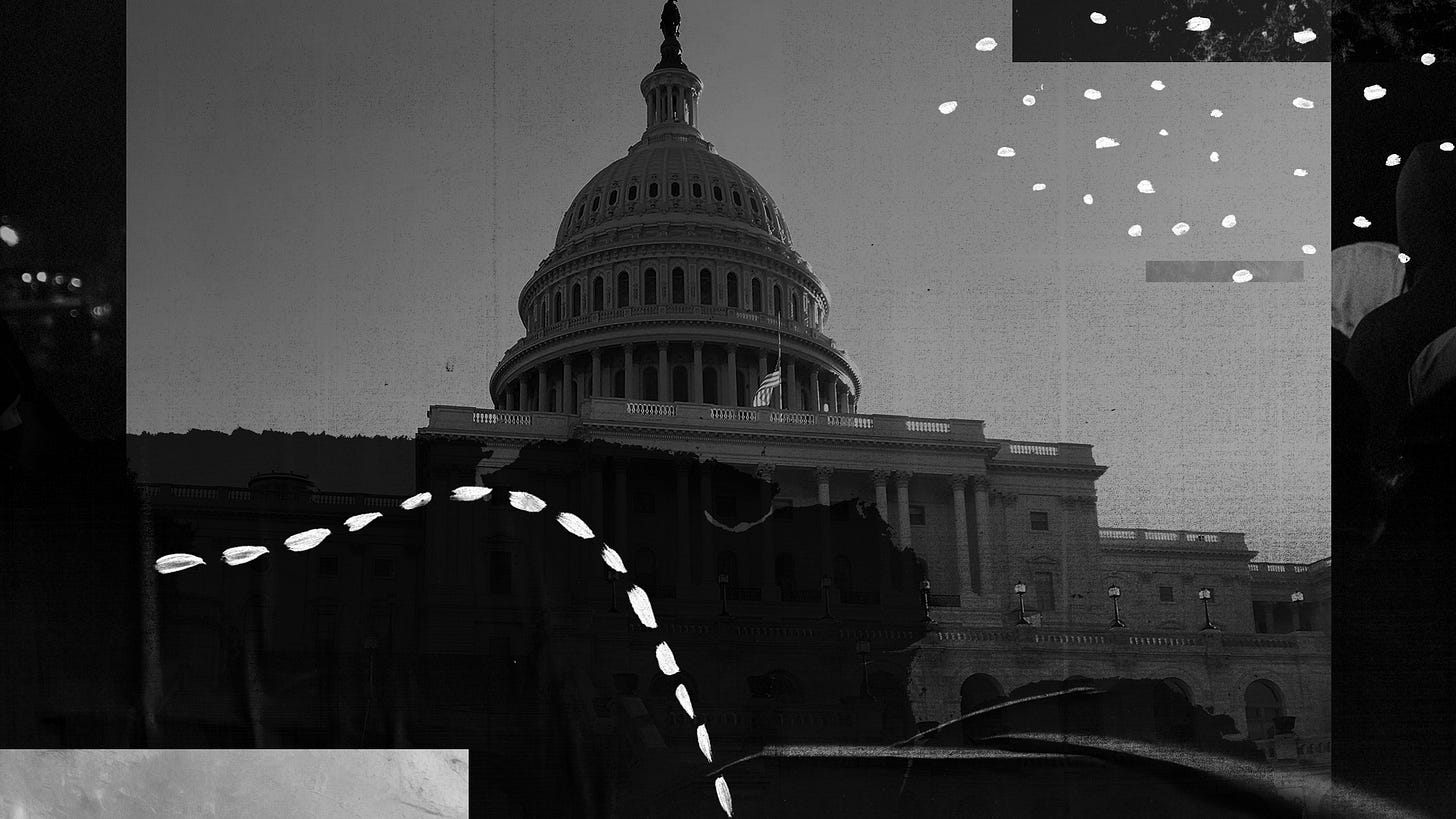The Primacy of Culture
Why changing the law is not enough to defeat left-wing capture.
The editors at Aporia magazine have published an essay comparing my book America’s Cultural Revolution, which argues that cultural and institutional capture are at the heart of the radical Left’s rise to power, to Richard Hanania’s book The Origins of Woke, which argues that civil rights law is the key mechanism for explaining the rise of left-wing iden…



